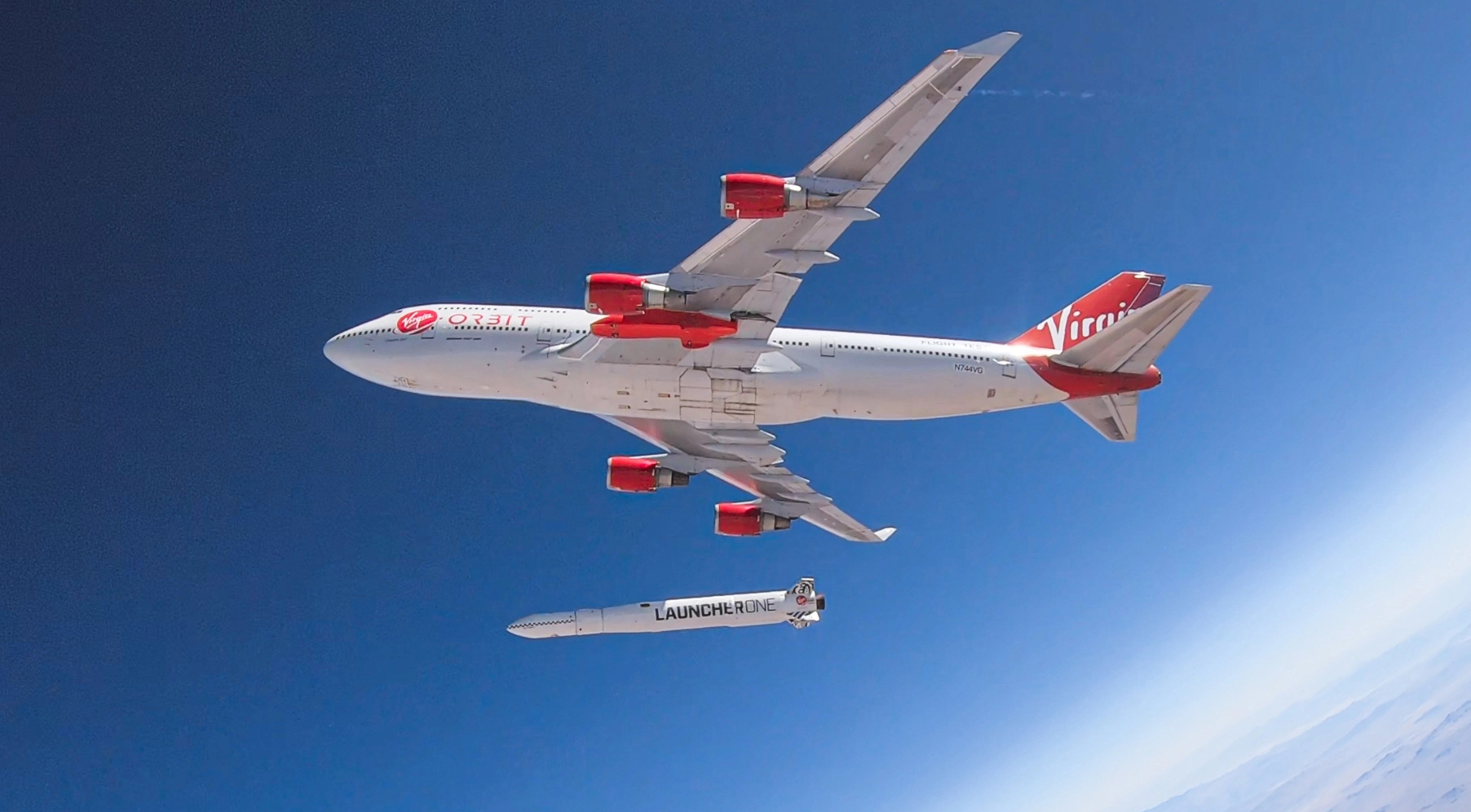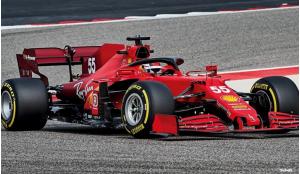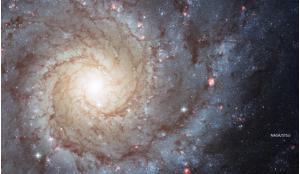Virgin Orbit, the satellite launch company founded by British billionaire Sir Richard Branson, has permanently ceased operations, just a few months after a major mission failure in January and at a time when it was already facing financial headwinds.
The California-based firm, which had already filed for Chapter 11 bankruptcy protection in the United States in early April, has auctioned off its main assets, recovering just over $36 million. That figure is barely one percent of the value the company reached in late 2021 on Wall Street, when it was valued at $3.5 billion.
In a statement issued in mid-May announcing it was selling its assets to four winning bidders and then folding, Virgin Orbit thanked its employees and stakeholders and said the company will be remembered for its "groundbreaking technologies".
"Throughout its history, Virgin Orbit has been at the forefront of innovation and has made substantial contributions to the field of commercial rocket launch," a company spokesperson stated.
The satellite launch company was formed as part of space tourism business Virgin Galactic, which transported Branson into sub-orbital flight in 2021, just nine days ahead of his billionaire rival, the Amazon and Blue Origin founder Jeff Bezos.
Virgin Orbit spun out on its own from Galactic in 2017 and, in late 2021, rode a wave of investor enthusiasm following a merger with a special purpose acquisition company, but the launch provider raised less than half of the $483 million it had expected through the merger process.
Its goal as a launcher business was to provide swift and adaptable space launch services for the ever growing small satellites market. To achieve this Virgin Orbit used a rocket, LauncherOne, strapped under the wing of a converted Boeing 747 aircraft called Cosmic Girl – a horizontal launch method that differs from most rivals' vertical launches.
But the crippling setback it suffered in January, when an attempt to launch the first satellites into space from British soil ended in failure after an anomaly meant the rocket could not reach the required altitude and was lost, proved too much.
Following the loss Virgin Orbit paused operations and then in March placed staff on furlough as it fought to secure a funding lifeline and stop burning through cash. At the end of March, after fresh funding failed to materialise, the company slashed 85 percent of its workforce.
As part of its wider programme to deliver commercial launch capabilities to Britain, the UK Space Agency (UKSA) was strongly supportive of Virgin Orbit's first mission from Cornwall Spaceport, which is located on the south west coast of England.
A UKSA spokesperson said: “Our focus remains on supporting multiple projects designed to make the UK the leading provider of commercial small satellite launch in Europe by 2030. The Cornwall Space Cluster is developing at pace, there is significant activity underway to prepare for launch in Scotland, and the wider UK space sector is thriving, generating an income of £17.5 billion a year and employing around 49,000 people.”
Daniel Smith, CEO of the Edinburgh-based strategic space marketing firm AstroAgency, says Virgin Orbit's proactive support of UK launch, combined with the tireless work from the teams and local authorities in Cornwall, had contributed to the enactment of enabling spaceflight legislation across the UK, the establishment of a Transitional Services Agreement (TSA) with the United States and accelerating spaceport developments around the country.
"Astraius continues to make exciting progress towards horizontal launch from Prestwick Spaceport in Scotland, while two vertical spaceport developments are focused on orbital launch from the Highlands & Islands, both already building infrastructure following successful planning applications," he said.
"When the first successful launch from the UK happens next year, the role played by Virgin Orbit to add launch to an already long list of space capabilities offered by the UK will be remembered. The stage has been set for others to follow, and the launch from UK soil of satellites to support our lives on Earth is no longer a possibility but a soon to be realised reality."
Prior to January, Vrgin Orbit's previous four operational launches, which all lifted off from California, were all successful and had deployed a total of 33 small satellites. But what turned out to be the company's final mission still notched up a number of space firsts, including the first orbital launch from the United Kingdom, the first international launch for Virgin Orbit, and the first commercial launch from western Europe.
The idea of releasing a rocket from a converted jetliner was pioneered by Orbital Sciences in the 1990s as a novel way of offering a flexible and low-cost route to orbit as the demand for sending small satellites into low Earth orbit grows exponentially.
Richard Branson, the flamboyant founder of the Virgin Group, has made ‘Virgin' one of the world's most irresistible global brands and since starting his business empire in the early 1970s with Virgin Records has expanded into many diverse sectors from travel to telecommunications, health to banking, music, leisure and space.
Virgin Orbit cuts its losses and ceases operations











